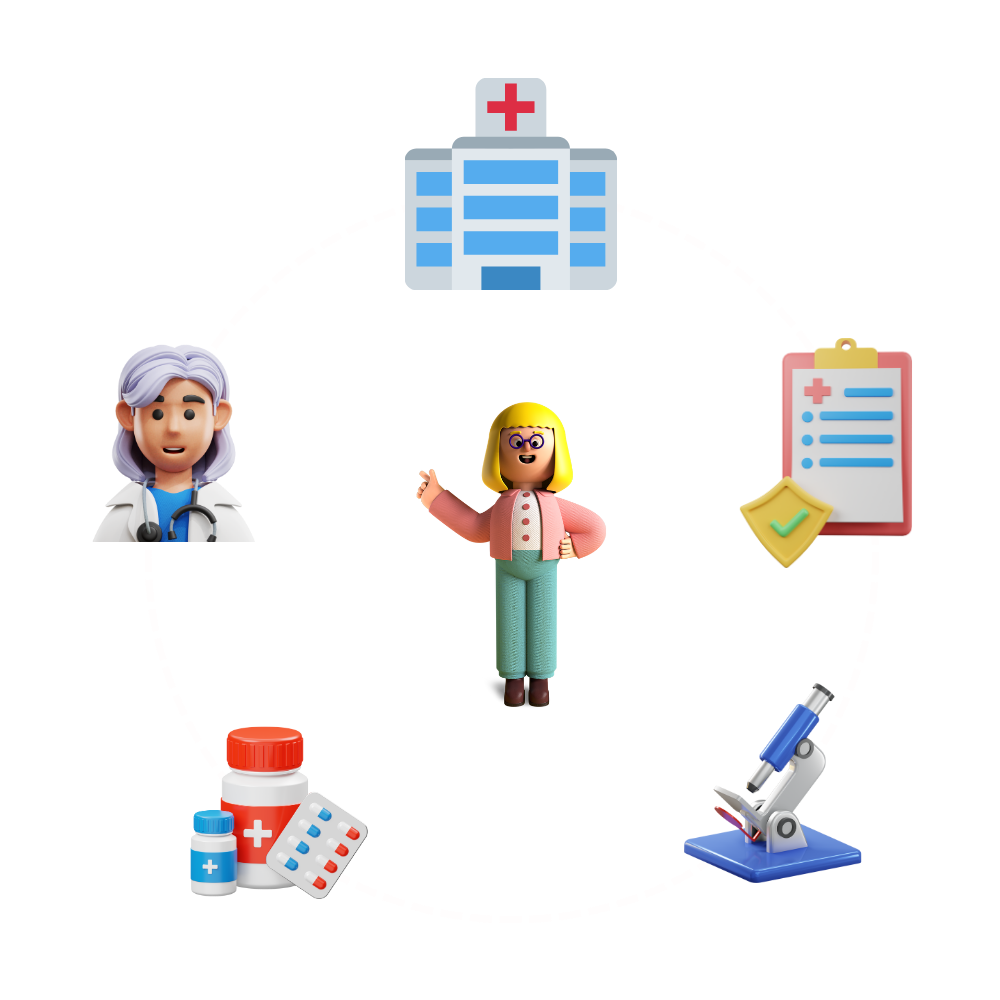An orthopedic doctor, also known as an orthopedist, is a medical doctor who specializes in the diagnosis, treatment, and management of musculoskeletal conditions and injuries. Orthopedic medicine is a branch of medicine that focuses on the musculoskeletal system, which includes the bones, joints, ligaments, tendons, muscles, and nerves.
Orthopedic doctors typically complete a four-year undergraduate degree, four years of medical school, and a five-year orthopedic surgery residency program. After completing their training, they are board-certified by the American Board of Orthopaedic Surgery or equivalent in other countries.
Some of the main responsibilities of an orthopedic doctor include:
- Examining and diagnosing patients with musculoskeletal conditions and injuries
- Prescribing and managing treatment plans, which may include medication, physical therapy, and surgery
- Performing surgical procedures to treat musculoskeletal conditions and injuries, such as joint replacements, spinal surgeries, and fracture repairs
- Managing and monitoring patients' recovery and rehabilitation
- Collaborating with other healthcare professionals, such as physical therapists and primary care physicians, to provide comprehensive care for patients.
Overall, an orthopedic doctor is a medical doctor who specializes in the diagnosis, treatment, and management of musculoskeletal conditions and injuries. They use their expertise, knowledge and skills to help patients recover from injuries, manage chronic conditions, and improve the quality of life for people with musculoskeletal disorders.
 Drlogy
Drlogy






